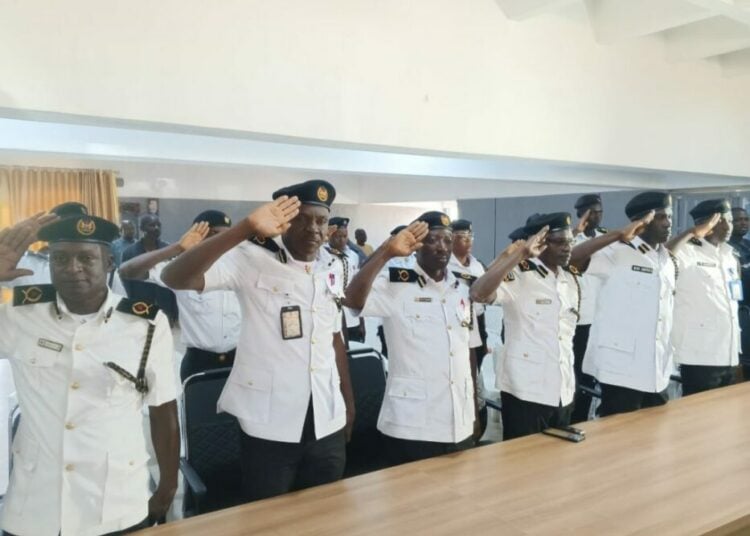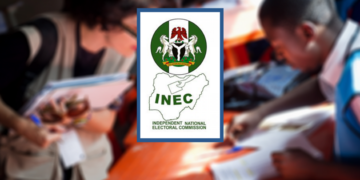The national chairman, Conference of Directors and Chief Roads Traffic Officers of the Federation Engr. Paul Bepeh has stated that an effective and harmonised Motor Vehicle Administration (MVA) system is essential to achieving the twin goals of road safety and national security.
Engr Bepeh made the disclosure at a press briefing to mark the commencement of activities for 2025 Conference tagged “Jos 2025.”
He explained that the theme “Enhancing National Security and Road Traffic Safety Through Effective Motor Vehicle Administration”is both timely and strategic to navigate complex challenges of road traffic safety, vehicle regulation, and public security.
Engr Bapeh pointed out that a country’s ability to identify, track, and regulate vehicles and drivers directly affects its capacity to safeguard lives, protect property, and enforce laws
According to him, this year’s Conference is meant towards entrenching professionalism, capacity building, knowledge sharing and improved service delivery in the country.
He maintained that when vehicle registration, inspection, and licensing processes are inconsistent or poorly coordinated, unroadworthy vehicles, untrained drivers, and untraceable vehicles find their way into our roads.
“These gaps will not only endanger road users but also provide loopholes for crimes such as smuggling, kidnapping, terrorism, and vehicle theft,” he said.
The national chairman further stated that the Vehicle Inspection Officers (VIOs) serve as the backbone of the nation’s motor vehicle administration and road safety enforcement.
He also said despite the importance of these roles, the performance of VIOs and MVA systems across the States has been hampered by several challenges of overemphasis on revenue generation over safety objectives, neglect of actual vehicle inspection before roadworthiness certification and poor legal and regulatory framework.
Other challenges confronting them he said include lack of standardized and harmonized vehicle inspection processes, insufficient modern diagnostic equipment and inspection infrastructure, inadequate funding and manpower stressing that these issues have collectively weakened enforcement, encouraged non-compliance, and eroded the integrity of the road safety ecosystem in Nigeria.
Engr Bapeh advocated for a unified and strengthened legal framework for vehicle inspection, registration, and licensing across the 36 States, automation and digital transformation of all motor vehicle administration processes to enhance transparency and traceability and capacity building through continuous training and retraining of VIOs in modern inspection techniques and technology as a way forward to address these challenges.





